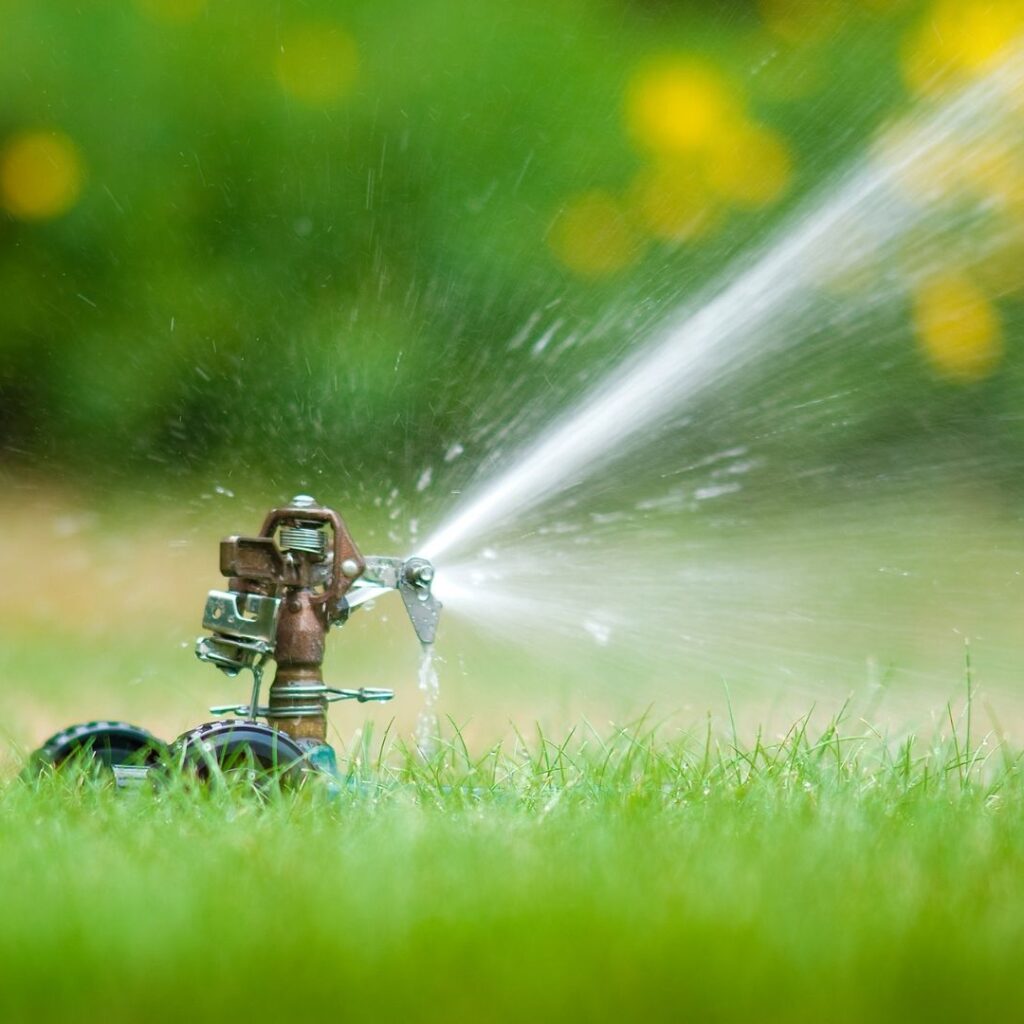Sprinkler and Smart Irrigation Technology Testing Lab
- Type
- Lab

Overview
The Sprinkler and Smart Irrigation Technology Testing Lab evaluates irrigation components for their WaterSense product labeling program.
Contact
Charles Swanson
Extension Program Specialist
Scoates Hall
333 Spence St.
College Station, TX 77843
Mon-Fri 8:00 a.m. – 5:00 p.m.
The Sprinkler and Smart Irrigation Technology Testing Lab is nationally certified by the International Code Council (ICC Evaluation Services) and is approved by the USEPA for testing of irrigation components for their WaterSense product labeling program. The goal of the water sense program is to prevent water waste and to promote water savings by the labeling of approved devices through testing using approved methodology. Manufacturers submit their products for testing and pay a fee for the service.
More choices in Environment & Natural Resources
- Course
Learn how green infrastructure can help manage stormwater, reduce flood damage, and increase property value. This course explores practical, nature-based ways to improve stormwater systems in cities, rural, and coastal areas. Enroll now and build resilient, ecofriendly communities!
- Course
This online course is the second in a series of three developed to introduce homeowners, DIY hobbyists, or future commercial farm operators to the world of aquaponics.
- Publication
In this publication you will learn how to maintain all the components of a septic system.
- Course
This online course is the first in a series of three developed to introduce homeowners, DIY hobbyists, or future commercial farm operators to the world of aquaponics.
- Course
An aerobic septic system, or aerobic treatment unit (ATU), uses oxygen to breakdown both dissolved and solid constituents into gases, cell mass, and non-degradable material contained in wastewater. This online course will teach you how to properly maintain and operate your ATU. You will have 30 days from the day you register to complete this program. If you do not complete the program within this limit, your registration will expire, and you will need to pay the registration fees again to start over.
- Course
Do you want to continue your professional career in wastewater management? This online series was developed to address challenges facing the onsite wastewater industry in Texas.
